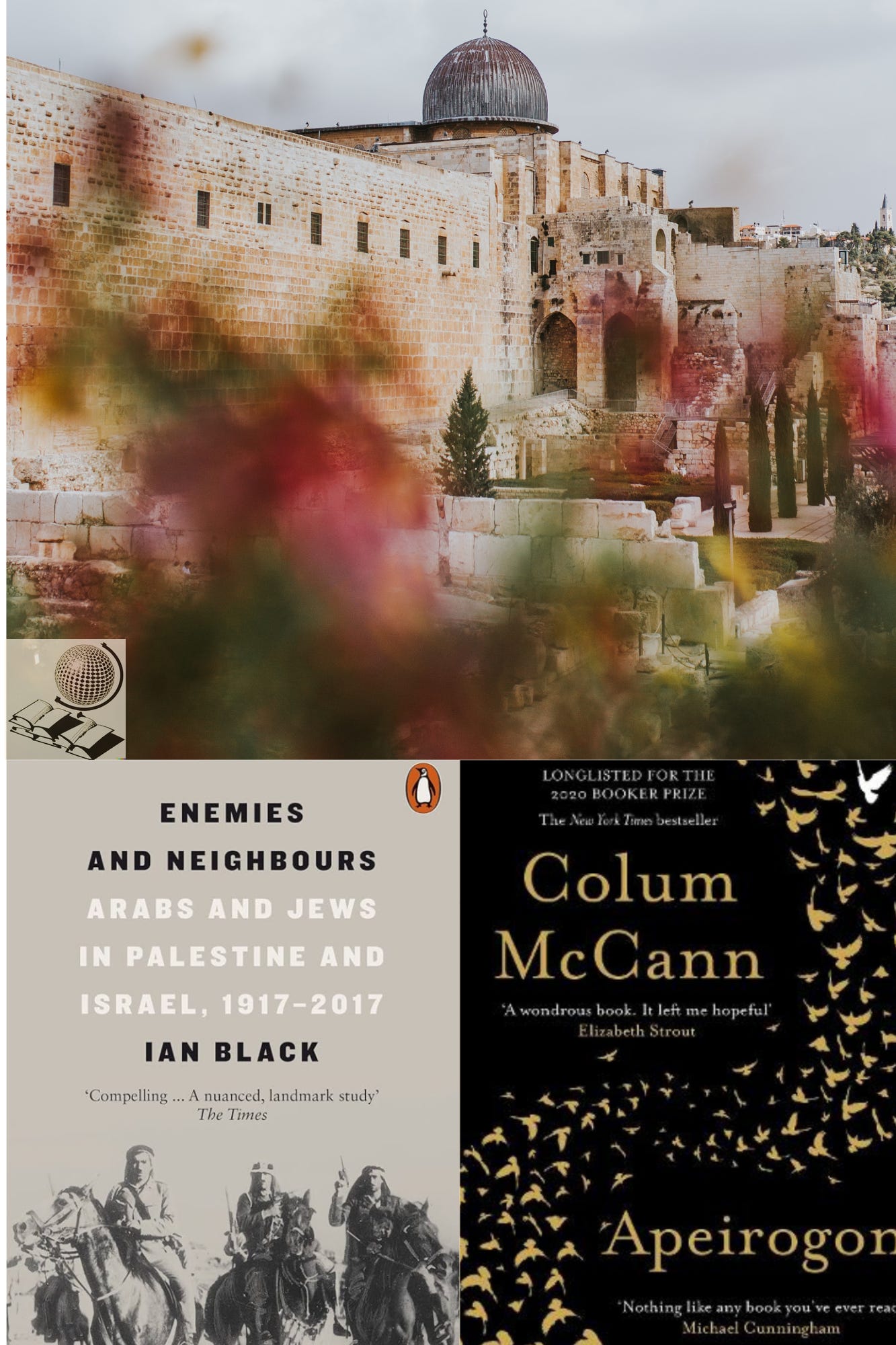REPOST Israel-Palestine: Tears and fears
Amid hopes for a Gaza ceasefire two crucial books offer empathy and balance
Keep reading with a 7-day free trial
Subscribe to This Week, Those Books to keep reading this post and get 7 days of free access to the full post archives.





